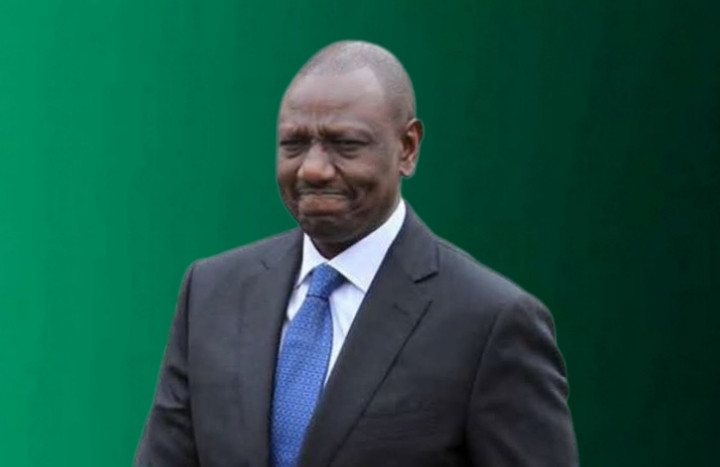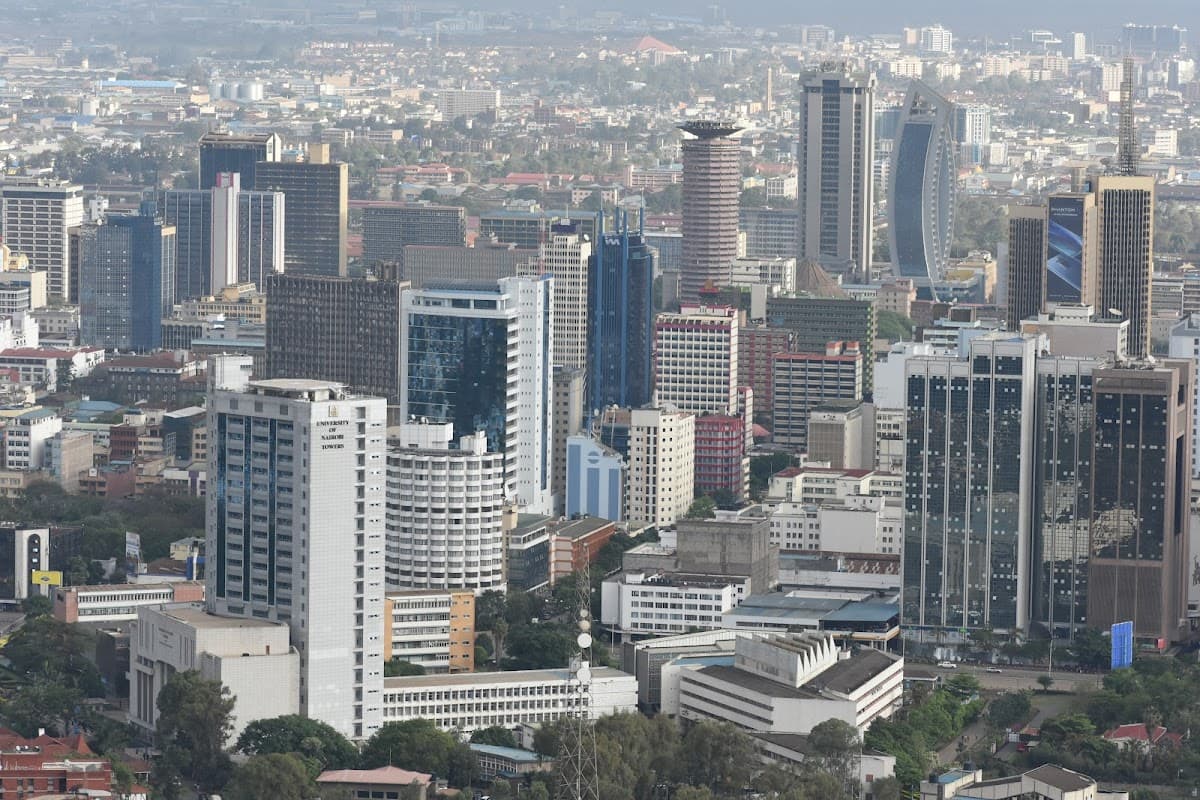KENYA : Young Kenyans are undeterred by the crackdown and threats from leaders on Social Media users, vowing to keep demanding higher standards of governance and showing little tolerance for corruption.
President Ruto's administration is facing persistent challenges from an increasingly activist Generation Z population.
The government of Kenya is struggling with cyber-activism, where young people are using social media platforms to criticize state initiatives, spread information about government activities, and organize protests.
The Young Libertarians are expressing their growing dissatisfaction with issues like unemployment, corruption and unfulfilled campaign promises.
Government officials have decried the Movement's impact, terming it as "cyber-bullying" aimed at delegitimizing President Ruto's actions.
The movement's impact has extended internationally, with activists gathering signatures opposing the Dutch royals' planned visit to Kenya.
It has also fueled appeals to the International Criminal Court, prompting the Kenyan Ministry of Foreign Affairs to express concern over "cyber activities spreading misinformation."
This tech-savvy generation has transformed ethnic and political divisions into a pan-African narrative that challenges the post-colonial state.
They use grassroots mobilization and sophisticated digital strategies to make it harder for governments to repress dissent.
The movement's leaderless, decentralized structure and ability to quickly adapt tactics to police brutality in Kenya, make it effective.
This activism seeks systemic change rather than political representation and extends beyond national borders to address regional governance issues.
The movement has maintained momentum despite government crackdowns and used international attention to pressure domestic institutions.
At the beginning of the year, Kenyan President William Ruto warned that the country’s moral fabric is at risk of decay if the manipulation of the digital spaces, more especially that of social media, is going to continue.
The Ministry of Interior has since issued a directive after senior government officials and a section of politicians complained about the misuse of social media, particularly among Kenyan youth.
In a statement on Thursday, January 16, Interior PS Raymond Omollo stated that these companies must set up physical offices in Kenya to enhance accountability and address the increasing misuse of social media platforms.
“To ensure responsibility and accountability in the face of rising disinformation, social media manipulation, and online abuse, all social media organizations operating in the country must establish a physical presence within our jurisdiction,” read the statement in part.
PS Raymond Omollo who was speaking during a meeting with telecommunications companies and social media platform representatives said the increasing misuse of social media, including harassment, hate speech and incitement to violence, necessitates immediate and decisive measures.
“Strict compliance with this requirement is expected with telecommunications providers and platform owners required to take stronger action against criminal activities online,” he said.
This decision is set to affect popular social media platforms such as Elon Musk's X (Formerly Twitter) Meta-owned Facebook and Instagram, TikTok, YouTube, Snapchat, LinkedIn, Pinterest and Snapchat.
The Ministry of Information, Communications and the Digital Economy (ICT) Cabinet Secretary William Kabogo just yesterday said that the government has the capacity to switch off social media for people who misuse the platforms.
Kabogo, urged young Kenyans to be responsible and learn to express themselves in a dignified way to leaders.
Additionally, the CS stated that the government does not want to explore the route of barring social media users in the country, just because it has the capacity to.
"Simply, let us be responsible. We do not want to think about switching off people because the capacity is there," the CS stated.
"I would want us to be responsible on social media. Instead of putting me in a coffin and displaying it out there, why don't you just tell me what you want? Why can't we have a discussion between yourselves and us?" He Quipped.
On the other hand, he noted that Kenyans needed to respect the rights of others even when they express themselves on social media, noting that such rights have their limits.
"We also know that Kenya has freedom of expression but that freedom is limited to the extent that it interferes with other people's freedoms. Your freedom ends where mine starts," he remarked.
"As long as we understand those are the rules of the game, let us have fun. Let people talk to each other. I would not want to be the person who gags others."
However, Gen Z is still relentless, calling out the government for considering gagging them, instead of addressing their grievances
President William Ruto's headache intensifies each day, with his administration witnessing scrutiny unlike any other in Kenya's political history.
This new civic engagement, with its horizontal organization and focus on accountability, changes how young Africans view the state and suggests a long-term political shift in the East African Country.







